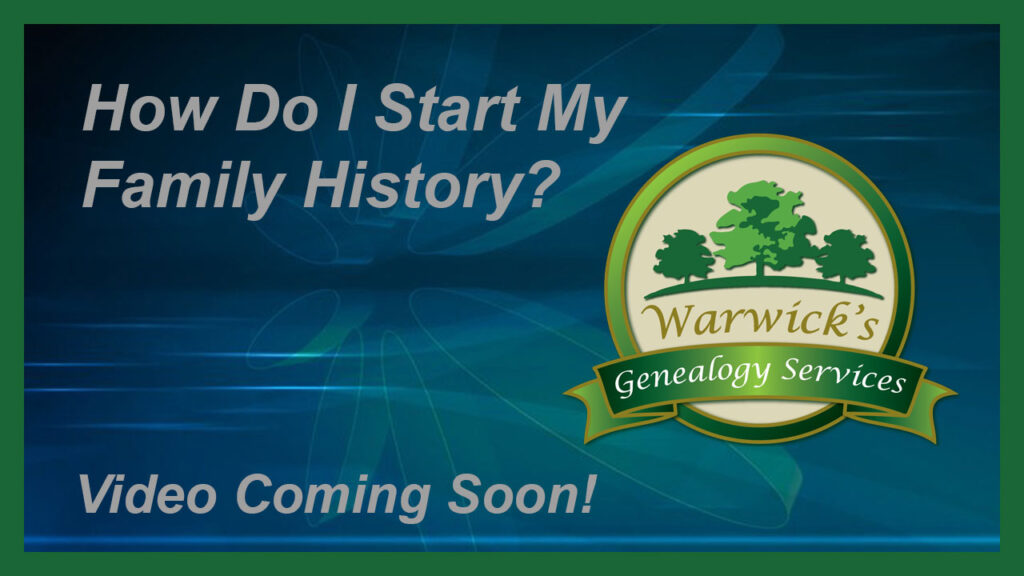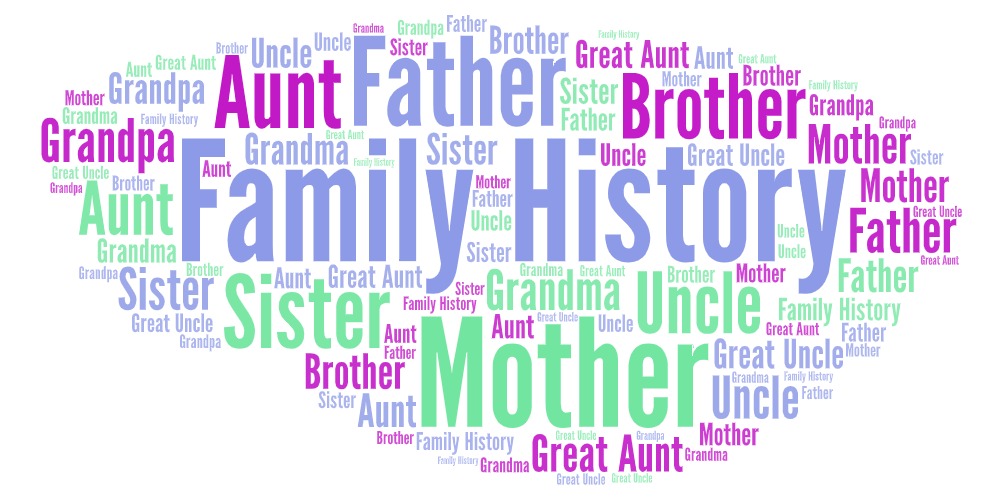How to Start My Family History Research:
Decide on the Type Of Research!

Decide on the Type Of Research you wish to undertake!
Deciding on the type of research you wish to undertake is a decision hopefully, you can make sooner rather than later and, involves what (or who) you are actually going to undertake your research on.
To help you make this decision, I have listed the following options for you to consider but be aware that you are not necessarily restricted to them.
These options are:
- Your Paternal (Father’s) line,
For example your Father, your Father’s Father/Mother, your Father’s Grandfather/Grandmother, your Father’s Great Grandfather/Great Grandmother etc or, it could be as simple as your Father, your Father’s Father, your Father’s Grandfather, your Father’s Great Grandfather and so forth.
- Your Maternal (Mother’s) line,
For example your Mother, your Mother’s Father/Mother, your Mother’s Grandfather/Grandmother, your Mother’s Great Grandfather/Great Grandmother etc or again, it could be as simple as your Mother, your Mother’s Mother, your Mother’s Grandmother, your Mother’s Great Grandmother and so forth.
- Parts of Both lines, or
- All your Paternal (Father’s) and Maternal (Mother’s) lines.
Along with these options, you will also need to consider the following:
- Do you research only your direct descendants (Father/Mother, Grandfather/Grandmother, Great Grandfather/Great Grandmother etc)? or
- Do you research every member of every family in every generation?</li style=”margin-bottom: 20px;”>
- Do you research a combination of both the two options above?
- If it applies to you, do you research the ancestor’s adoptive lines or try and find the “blood” lines instead, or both?
- What information do you want to collect about each member of your family? Will Birth, Death and Marriage records/information be enough or do you want to know more?
Please bear in mind though, the further back in time you go, the more generations there are and with each new generation, the number of members in it doubles. (please see the image below)

This decision, of course, is not set in stone and may change over time depending on your circumstances and the reasons you are researching your family.
However, I think we all start out wanting to find out about every member of our family but soon realise that life can get in the way.
Whatever the decision is that you make and, whatever form of research you decide to undertake, is entirely up to you.
There is no right or wrong answer here, only what satisfies you and your own curiosity.






